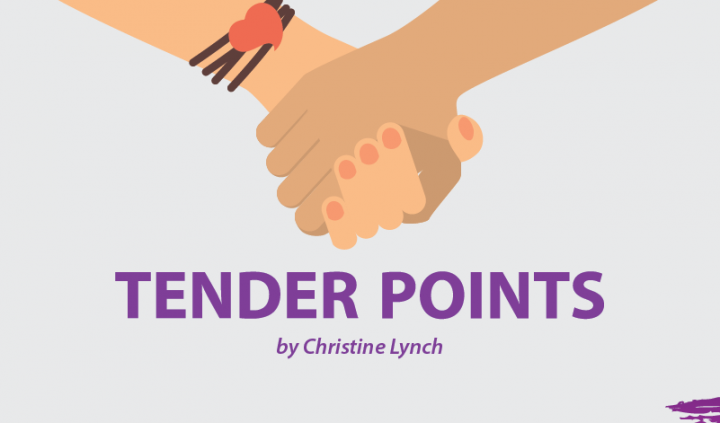I had the good fortune of attending two of the National Fibromyalgia Association’s (NFA) conferences held in the late 1990s and early 2000s. The NFA, which is less active now, held each year’s event on the opposite coast from the previous year to allow for more attendees.
The beauty of these conferences was that they benefitted both the patients and the physicians who attended. For the patients, three full days of hour-long talks were held on a wide variety of topics and treatments. They included technical discussions by researchers who presented results of their clinical trials conducted both domestically and internationally. Demonstrations of alternative treatments such as reflexology and acupuncture were also available. They gave new hope to many in attendance who were unable to find symptom relief elsewhere. Each talk was given by an expert in the field, often by a physician who had their own reason for attending the conference.
You see, while patients were attending the seminars to learn how to better deal with fibromyalgia, the physicians were learning how to more effectively treat their patients who had this illness. Attendance at this conference was also fulfilling their Continuing Medical Education requirement, as outlined by the state where they practiced. Having these activities take place at the same time and in the same location was pure genius.
Having both the medical community and the fibromyalgia patients assembled at one time and in one place brought additional benefits. Because everyone was there to focus on a single topic, it was not uncommon for small discussion groups to form spontaneously. Patients learned as much from these informal conversations with each other as they did from the seminars they attended. And because the healthcare providers interacted with these groups as well, they also learned from us.
When you think about it, it makes perfect sense. Why aren’t we, as patients, automatically included in discussions about the application of clinical results and the focus of future research? When questions about our illness arise, why aren’t we routinely consulted? An article in the British Medical Journal stated that patients at medical conferences “make a contribution by helping everyone understand the problems that matter most to patients, caregivers, and their families.”
I, for one, feel that our community has much to contribute. For example, I’m confident that what I have learned about fibromyalgia from my decades of experience is not taught in any medical school classroom. Those students learn about our symptoms and the medications available to control them, but they learn nothing about our quality of life or the struggles we face on a daily basis. Shouldn’t that be considered in every decision? The patient population has much to contribute, and many of us would welcome that opportunity. Additionally, the ability to influence decisions that affect us directly would go a long way toward making us feel less powerless over an illness without a cure.
So, in case anyone reading this column has any influence within the medical establishment, the health insurance industry, or our country’s healthcare policy in general, please keep us mind. We, the patients, have a voice. It’s time for us to be heard.
***
Note: Fibromyalgia News Today is strictly a news and information website about the disease. It does not provide medical advice, diagnosis, or treatment. This content is not intended to be a substitute for professional medical advice, diagnosis, or treatment. Always seek the advice of your physician or other qualified health provider with any questions you may have regarding a medical condition. Never disregard professional medical advice or delay in seeking it because of something you have read on this website. The opinions expressed in this column are not those of Fibromyalgia News Today, or its parent company, BioNews Services, and are intended to spark discussion about issues pertaining to fibromyalgia.



I 100% agree with you! Our voices must be heard in order for the medical community to both better understand our many seemingly disjointed symptoms, as well as our own individual methods of dealing with this condition.
Medical doctors who treat this condition must, I mean must, have empathy and compassion when dealing with us. We deal with being disbelieved and ignored by our spouses, families and friends due to their lack of empathy … I just do not understand why people think we would fake this hell.
I am learning tricks of my own and also how to face FM in a world that continues to disbelieve me.